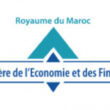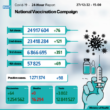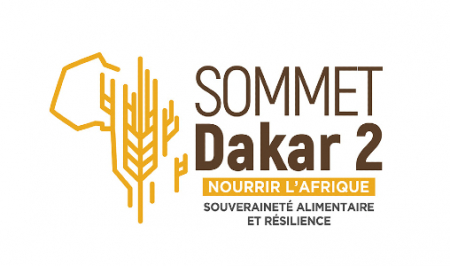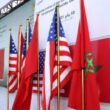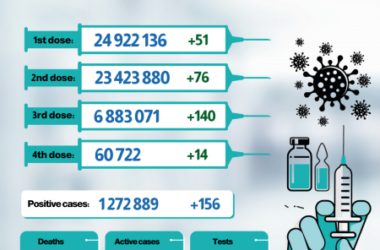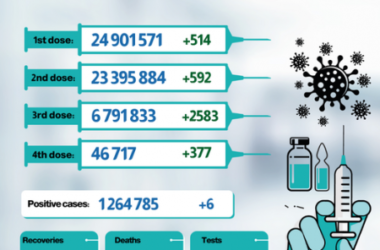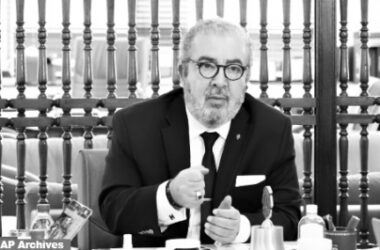In this regard, the Moroccan official mentioned, during the first day of the Dakar 2 Summit on food sovereignty, opened Wednesday in Diamniadio, the role played by the Green Morocco Plan and the new strategy “Generation Green” in the transformation and development of this sector.
Akhannouch, who spoke at the 2nd High Level Panel that brought together Heads of State and African government officials, recalled that there have been two “important milestones in the history of Moroccan agriculture in recent years.”
These include the Green Morocco Plan which ended in 2020 and for which 13 billion dollars have been invested over 10 years, with funding obtained from institutions of nearly 4 billion dollars, he further specified.
The High Level Panel, held in the presence of Senegalese President Macky Sall and AfDB President Akinwumi Adesina, was attended by heads of state and high-ranking officials from a large number of African countries.
These include Central African Republic, Democratic Republic of the Congo, Guinea-Bissau, Burundi, Mozambique, Gabon, Comoros Islands and Ethiopia.
Before participating in this High Level Panel, the Head of Government was received in audience by the President of the Republic of Senegal, Macky Sall.
Akhannouch stressed that the Green Morocco Plan has helped maintain an average growth of 5.5 percent per year in agriculture over the past 10 years, including taking into account the difficult years of lack of rainfall.
In his speech, the Moroccan official also noted that “investment is at the heart of the equation”, citing, in this regard, investment in seeds, mechanization, fertilizers, land, training and research, an issue that is important to ensure an increase in productivity and added value of our products.
He said, moreover, that the second important step in the history of Moroccan agriculture is the new Génération Green strategy, which was launched at the instigation of His Majesty the King, stressing that this strategy gives priority to the human element (Social Security) and improving the income of farmers.
This will allow the accession of more than 400,000 families to the middle class, through the conversion, he said at this Panel, noting that this has given the opportunity to create “agropoles”, which are production basins in irrigated areas.
The strategy will also contribute to the emergence of a new generation of young agricultural entrepreneurs, following the mobilization of one million hectares of collective land for the implementation of investment projects in this sector.
The Panel entitled “Vision for the transformation of food and agriculture”, was an opportunity for the Heads of State and other speakers to share their vision of growth in agriculture, regional integration, public-private partnerships and the scaling up of success stories.
In addition to the Head of Government, Morocco is taking part in this three-day event with a large delegation including the Minister of Equipment and Water, Nizar Baraka, the Minister of Agriculture, Maritime Fisheries, Rural Development and Water and Forests, Mohamed Saddiki, the Chairman and CEO of the OCP Group, Mustapha Terrab, the President of the General Confederation of Moroccan Enterprises (CGEM) Chakib Alj, the Managing Director of the Fund “Ithmar Capital Obaid Amrane” and the Ambassador of HM the King in Senegal, Hassan Naciri.
The Dakar 2 Summit, held from January 25 to 27, follows the first edition held in 2015 and which had helped to draw the contours of the strategy Feeding Africa: the Strategy for Agricultural Transformation in Africa (2016-2025).
The Summit is organized by the African Development Bank (AfDB), in partnership with the Senegalese government and the African Union Commission (AU), under the theme “Feeding Africa: Food Sovereignty and Resilience.”


